


South Korea
Asia
/
South Korea
South Korea - officially known as the Republic of Korea, is a captivating destination that seamlessly blends ancient traditions with cutting-edge technology. This dynamic East Asian nation boasts a rich cultural heritage, exemplified by its UNESCO World Heritage sites such as Gyeongbokgung Palace and Changdeokgung Palace. Visitors can immerse themselves in the vibrant K-pop culture, explore bustling metropolises like Seoul, and indulge in mouthwatering Korean cuisine, including the world-famous kimchi.
From the serene beauty of Jeju Island to the historic charm of Bukchon Hanok Village, South Korea offers a diverse array of experiences for travelers. Adventure seekers can hike through picturesque national parks, while culture enthusiasts can participate in traditional tea ceremonies or witness the changing of the guard at Gyeongbokgung Palace. With its efficient public transportation system, including the renowned KTX high-speed rail, exploring this fascinating country has never been easier for international visitors.

Get to Know South Korea
Take a tour of this destination's highlights
Top Sights in South Korea
Inspiring Reads on South Korea

Travel Tips for South Korea
What you need to know before traveling here
Practical Tips for South Korea
Things to prepare and best way to visit
Most tourists from Western countries can enter South Korea visa-free for up to 90 days. However, it's essential to check the specific requirements for your nationality before traveling. Some visitors may need to obtain a visa in advance or register through the Korea Electronic Travel Authorization (K-ETA) system. Always ensure your passport is valid for at least six months beyond your planned stay.
Spring (April to June) and autumn (September to November) are generally considered the best times to visit South Korea. During these seasons, you can enjoy mild temperatures, beautiful cherry blossoms in spring, and colorful foliage in autumn. Summer (July to August) can be hot and humid with occasional monsoon rains, while winter (December to February) is cold but offers opportunities for winter sports and festivals.
South Korea is generally a very safe country for tourists. Crime rates are low, and violent crimes against foreigners are rare. However, as with any travel destination, it's important to exercise common sense precautions such as being aware of your surroundings, safeguarding your belongings, and avoiding walking alone in unfamiliar areas late at night. It's also advisable to stay informed about any current events or tensions with North Korea, although these rarely affect daily life or tourism in South Korea.
South Korea has an extensive and efficient public transportation system, especially in major cities like Seoul. The subway system is easy to use, with signs and announcements in English. Buses are also widely available, and you can use a T-money card for convenient payment on both subway and buses. For intercity travel, high-speed KTX trains offer a comfortable and quick option. Most transportation systems have English language options, and many locals are willing to help if you're confused.
Korean cuisine offers a wide variety of delicious dishes. Some must-try options include bibimbap (mixed rice bowl with vegetables and meat), kimchi (fermented vegetables, usually cabbage), bulgogi (marinated grilled beef), samgyeopsal (grilled pork belly), and Korean barbecue. For street food, try tteokbokki (spicy rice cakes), odeng (fish cakes), and hotteok (sweet pancakes). Don't forget to experience a traditional Korean meal with multiple side dishes (banchan) and try soju, Korea's popular alcoholic beverage.
See All Practical Tips for South Korea

Explore South Korea
Create your itinerary with our top picks below
Set off your journey to South Korea
Plan smart & save big! Use discount code BISAYUK only for you

Flights

Hotels

Xperience

Get to Know South Korea

Travel Tips for South Korea

Explore South Korea

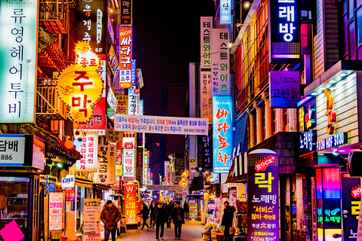

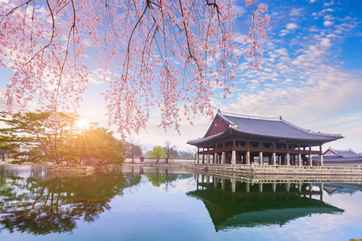












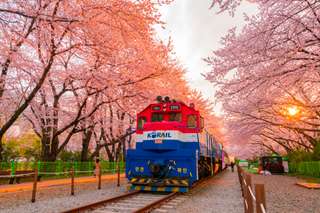

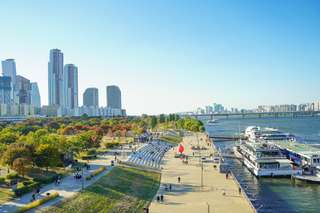


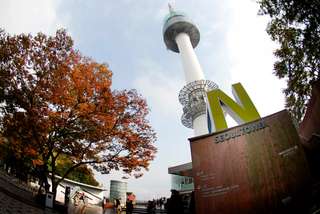
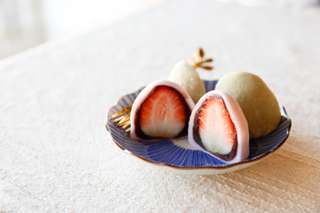



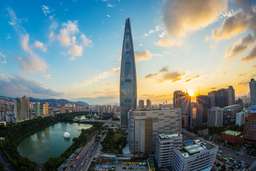



![[Muslim Friendly Free Lunch] Halal Tour From Seoul: Korean Traditional Culture in Jeonju | South Korea, 2.092.264 VND](https://ik.imagekit.io/tvlk/xpe-asset/AyJ40ZAo1DOyPyKLZ9c3RGQHTP2oT4ZXW+QmPVVkFQiXFSv42UaHGzSmaSzQ8DO5QIbWPZuF+VkYVRk6gh-Vg4ECbfuQRQ4pHjWJ5Rmbtkk=/6127153294908/-Muslim-Friendly-Free-Lunch-Halal-Tour-From-Seoul-Korean-Traditional-Culture-in-Jeonju-South-Korea-1c890f06-1d80-4dda-b420-7b2414df15c2.png?_src=imagekit&tr=c-at_max,h-456,q-60,w-256)


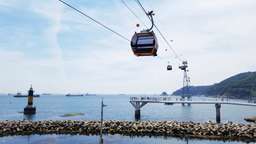
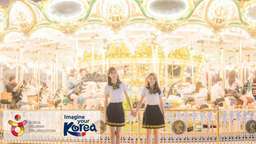










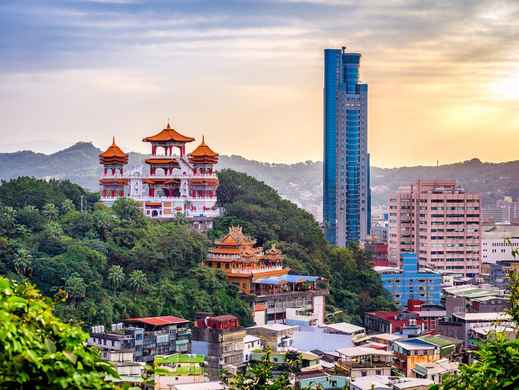

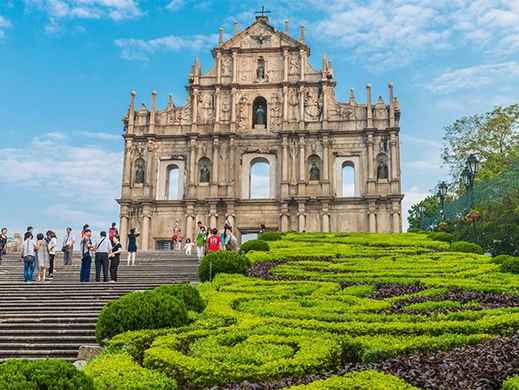
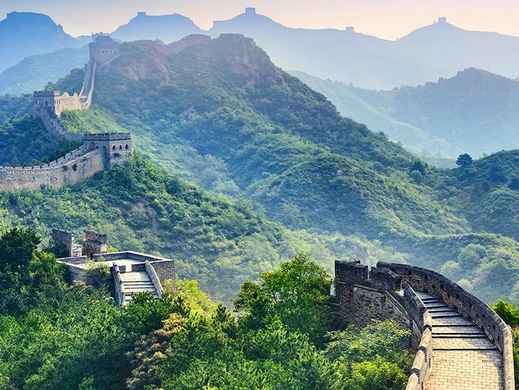
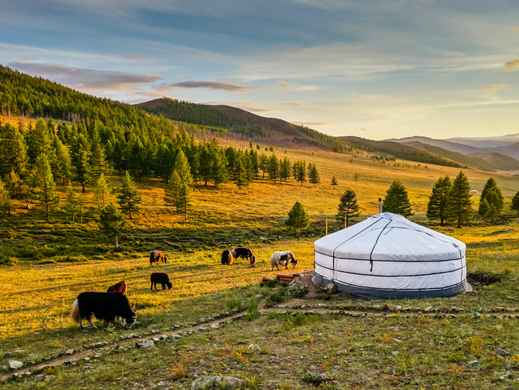





 Facebook
Facebook Instagram
Instagram TikTok
TikTok Youtube
Youtube Telegram
Telegram
